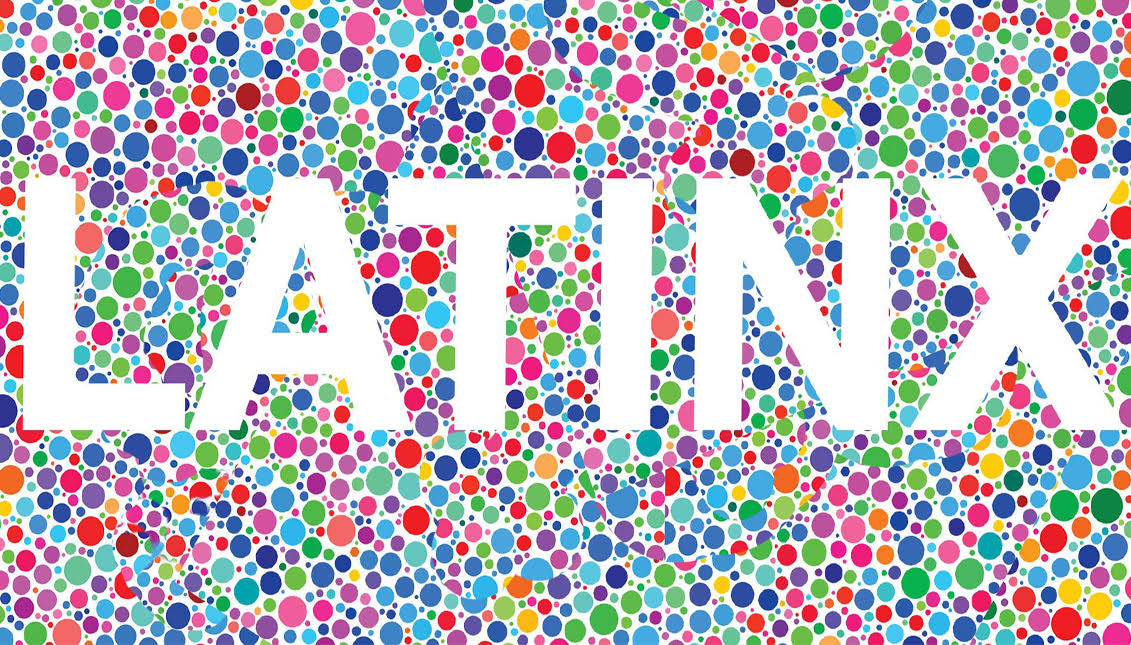
Breaking down the problem with Latinx: What are we afraid of?
One word: inclusivity.
New reports say many Hispanics have not heard the term “Latinx” before, and if they do, only a small percentage categorize themselves as such.
The term ‘Latinx’ is defined as relating to people of Latin American origin or descent (used as a gender-neutral or non-binary alternative to Latino or Latina)
The Pew research center performed a query on 3,000 people about the term and it turned out only one in four have heard of the term, and only 3% of them use it.
The United States often refers to Spanish-speaking Latin Americans as ‘Hispanic’ or ‘Latino.’
Usually, the two terms are used interchangeably, however ‘Hispanic’ is only for those from countries that speak Spanish while ‘Latino’ refers to people with a background from Latin America that includes Brazilians who speak Portuguese, but leaves Spain out of the equation.
Though the term ‘Latinx’ has emerged in recent years and is used to practice inclusivity, it seems to not be gaining nearly the traction it deserves.
In the study, most preferred the term Hispanic or Latino, but why?
RELATED CONTENT
Mark Lopez, the director of global migration and demography at Pew Research Center told CNN that “‘Latinx' is just one of those many dimensions.”
Though not clear where the term ‘Latinx’ was born, both activists and academics adopted it rather quickly to be more accepting and inclusive of those who don't identify as male or female.
“The Latino public at large may not be following the discussions over Latinx as much as certain groups,” added Lopez. He noted that the awareness of the term is higher among those Latinx born in the United States versus those born in foreign Latinx countries.
In short. Though it is not a term that has yet wildly caught on, it should.
2020 is a year to redefine the image of equality and inclusivity. So why not start at the focus point of a place we all come from and conform to a word that includes more people?











LEAVE A COMMENT: